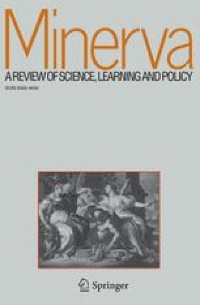Harvard's William Kirby on China's Higher Education System and His Book "Empires of Ideas" - The China Project
Harvard's William Kirby on China's Higher Education System and His Book "Empires of Ideas" - The China Project

Send us a link

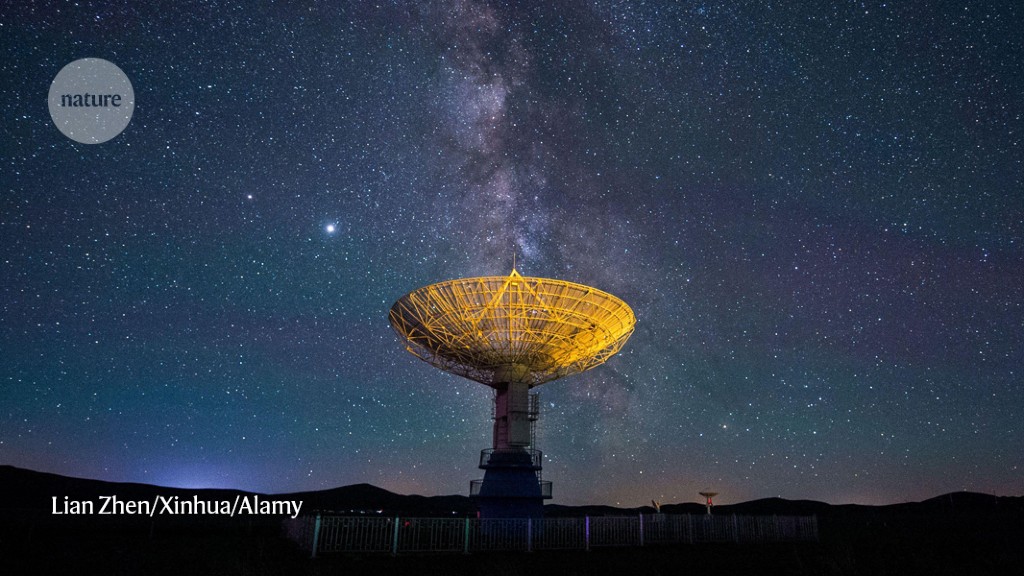
Amid increasing competition and conflict with countries such as China, calls to restrict international scientific cooperation overlook benefits to the United States.
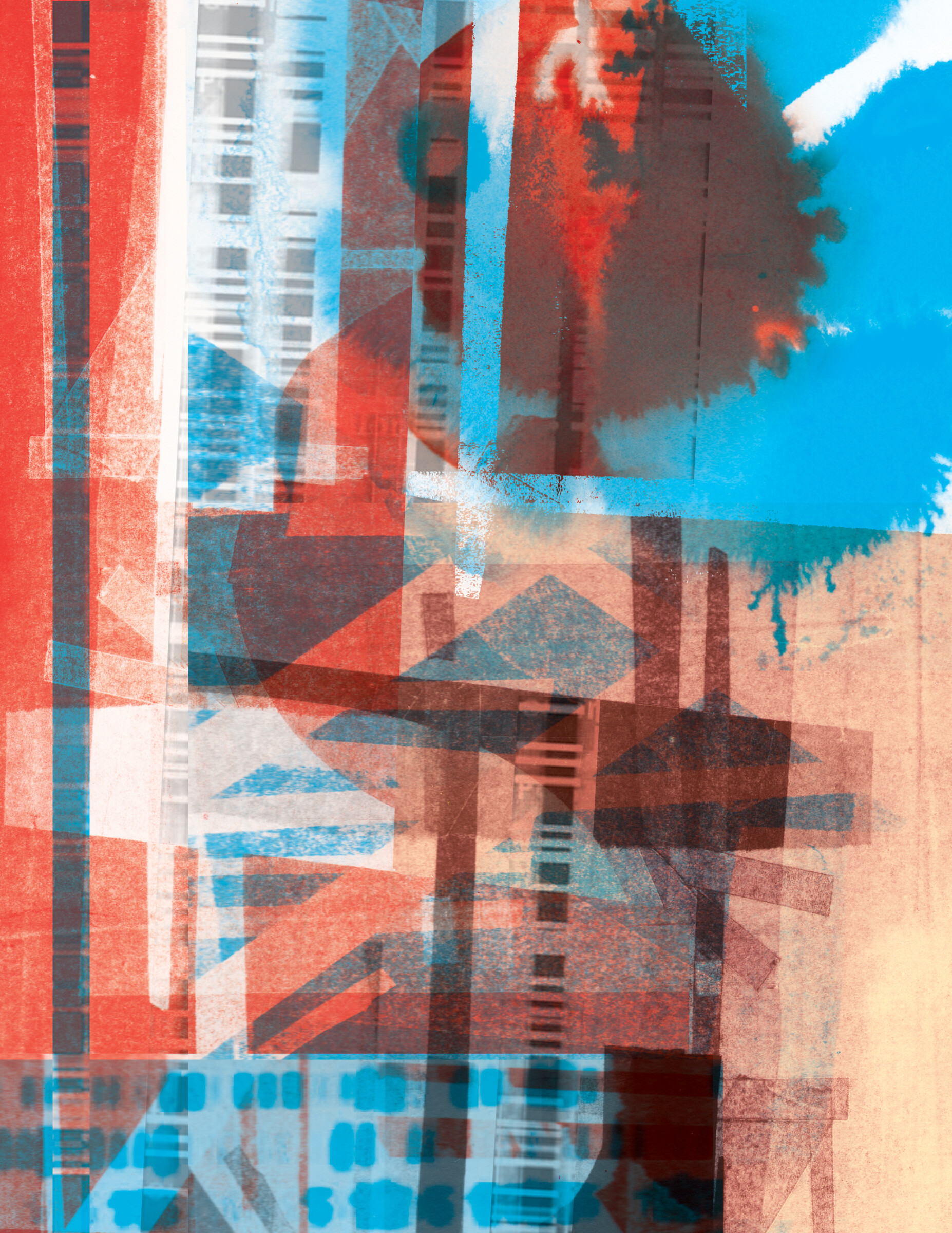
The United States and its Western neighbors are gradually losing ground to China in the race to develop advanced technologies and attract top talent.
Switzerland has so far refused to strengthen scientific cooperation with Taiwan, citing respect for the One China policy and fearing economic repercussions. But this hampers relations with the world’s largest producer of semiconductors.
Arati Prabhakar speaks to Nature about innovation, science's role in political decision-making and taking the reins after scandal.
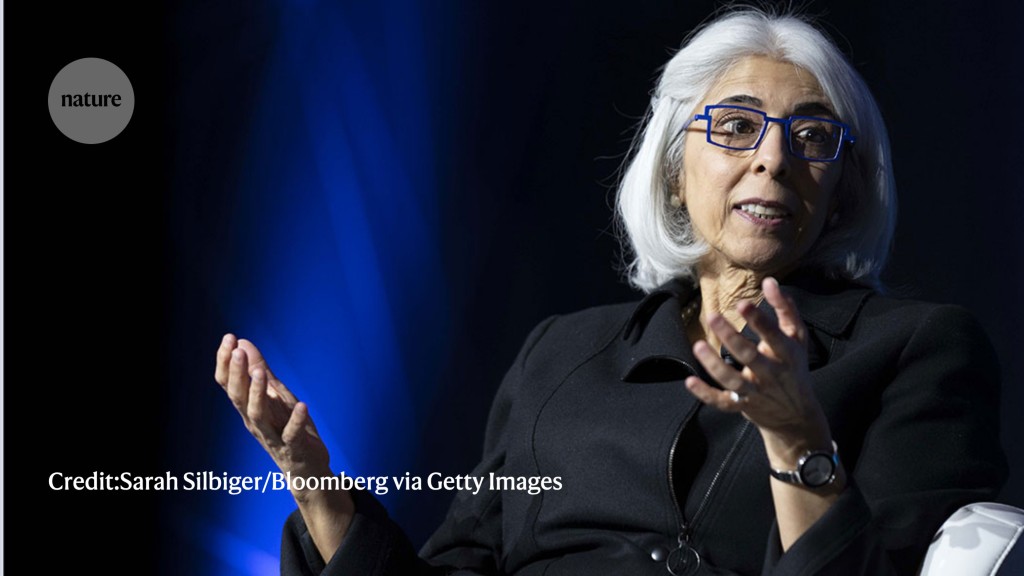
Facing tighter restrictions on access to key technologies and an increasingly competitive global scientific landscape, China has launched a major shake-up of its research organizations in pursuit of “self-reliance” in science and technology.
China, the US and the EU's race to control their own scientific advances and cut out supply chain dependencies could lead to a "decoupling" of research activities at a time when collaboration to solve global issues is crucial, says a stark report by the OECD.
The National People's Congress and the Chinese People's Political Consultative Conference have boosted science and technology in the national agenda.
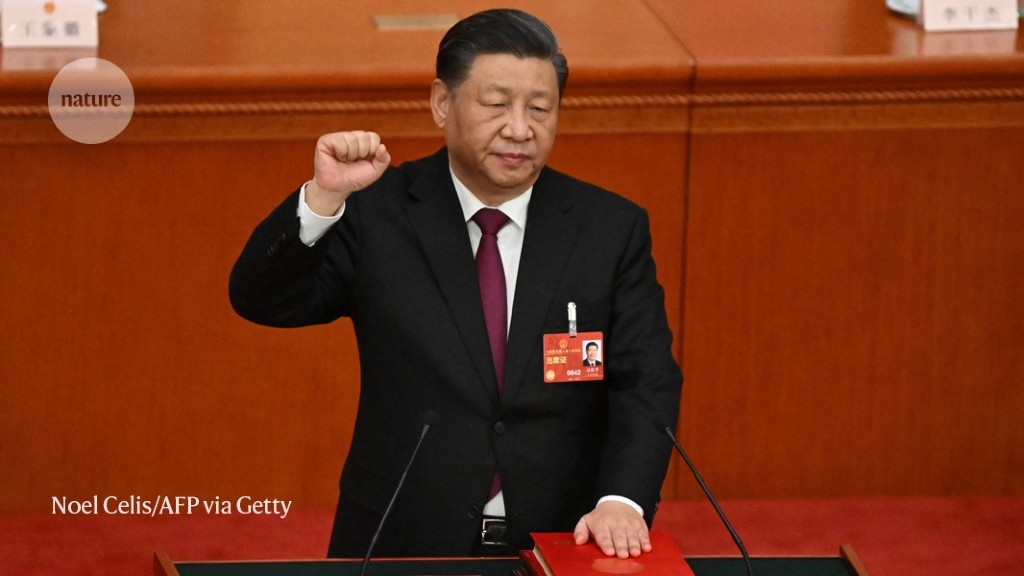
Nearly 5 years after a Chinese scientist sparked worldwide outrage by announcing he had helped create genetically edited babies, China has unveiled new rules aimed at preventing a repeat of such ethically problematic research on humans.
A year ago, Russia's full-scale invasion of Ukraine redefined geopolitics in a shockwave that is still reverberating through the science world. The EU research community was quick to cut ties with Russia and lend Ukraine a helping hand - but now it is grappling with resulting instability and uncertainty as the war climbs into its second year.
Germany universities should carry out risk assessments when collaborating with China on sensitive technologies, after a string of investigations revealed that German researchers have been working on projects useful to the Chinese military.
In 2014, Chinese researchers published more papers than any other country for the first time. In 2019, China overtook the U.S. as the No. 1 publisher of the most influential papers.
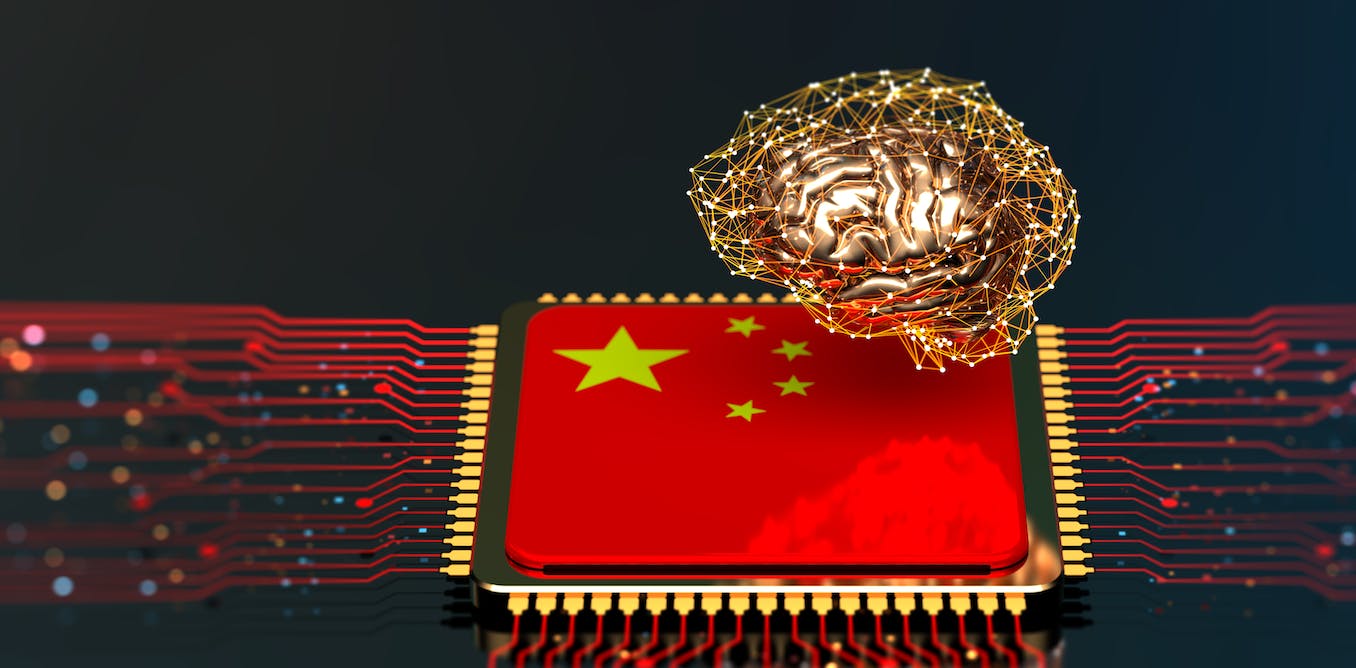
Beset by regulatory issues and barriers to international collaboration, the country still faces challenges in commercializing basic research.
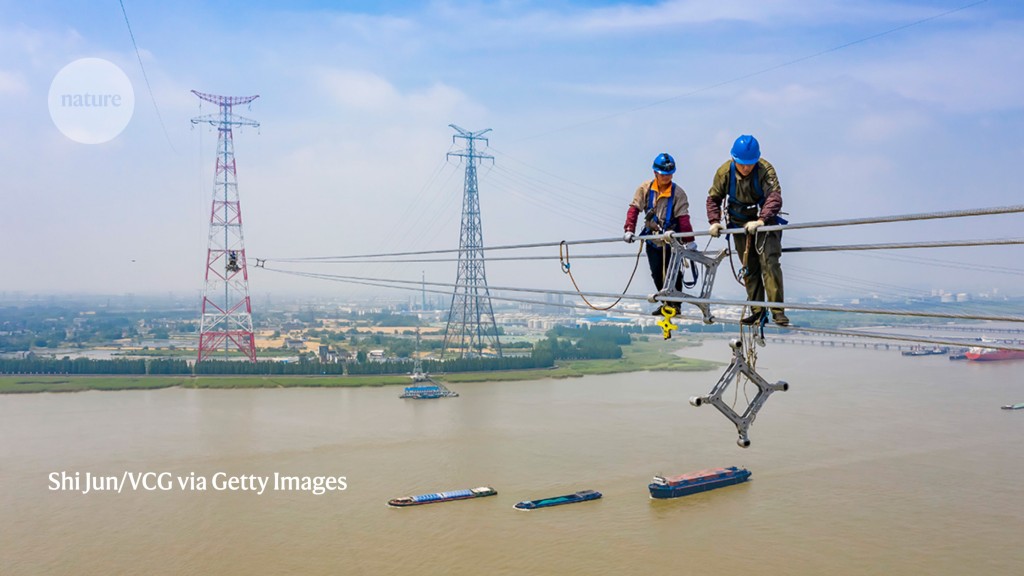
For years, big advances in science and technology have propelled economic growth world-wide. Now, as geopolitical tensions mount, leaders of the US scientific community fret that rising government security measures may kill the goose that laid the golden egg.
China's top leadership changes reflect the prioritization of space, science, and technology.
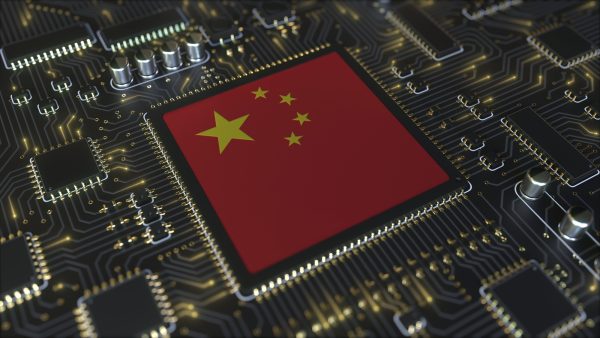
At the Chinese Communist Party's 20th congress, Xi laid out his vision for science and innovation to drive the country's growth.
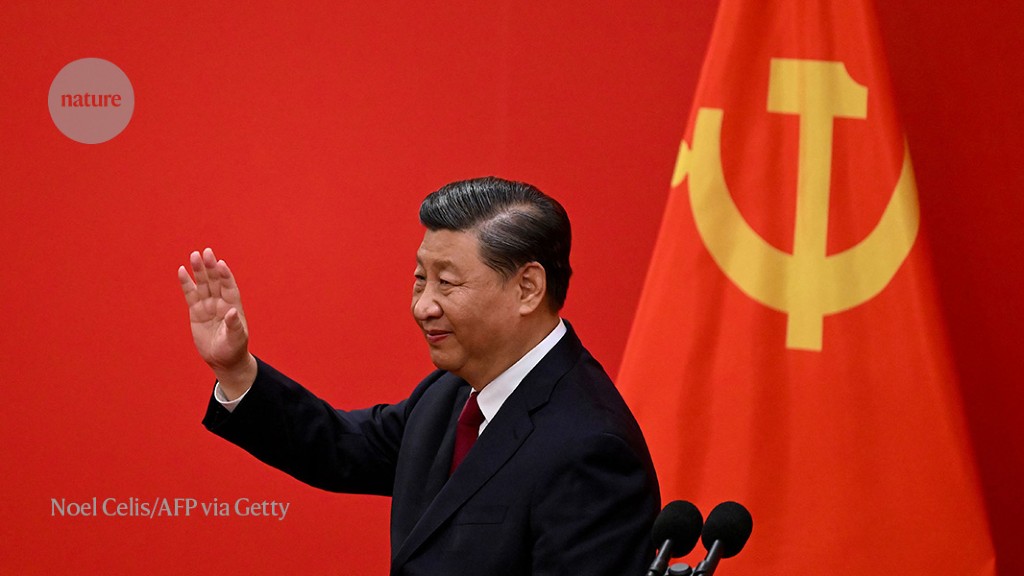
Ambitious $746 million program aims to complement big neuroscience projects in Europe and the United States.
China created a research evaluation system based on publications indexed in the SCI and on the Journal Impact Factor, which helped China become the largest contributor to scientific literature and increase the position of its universities in global rankings.
